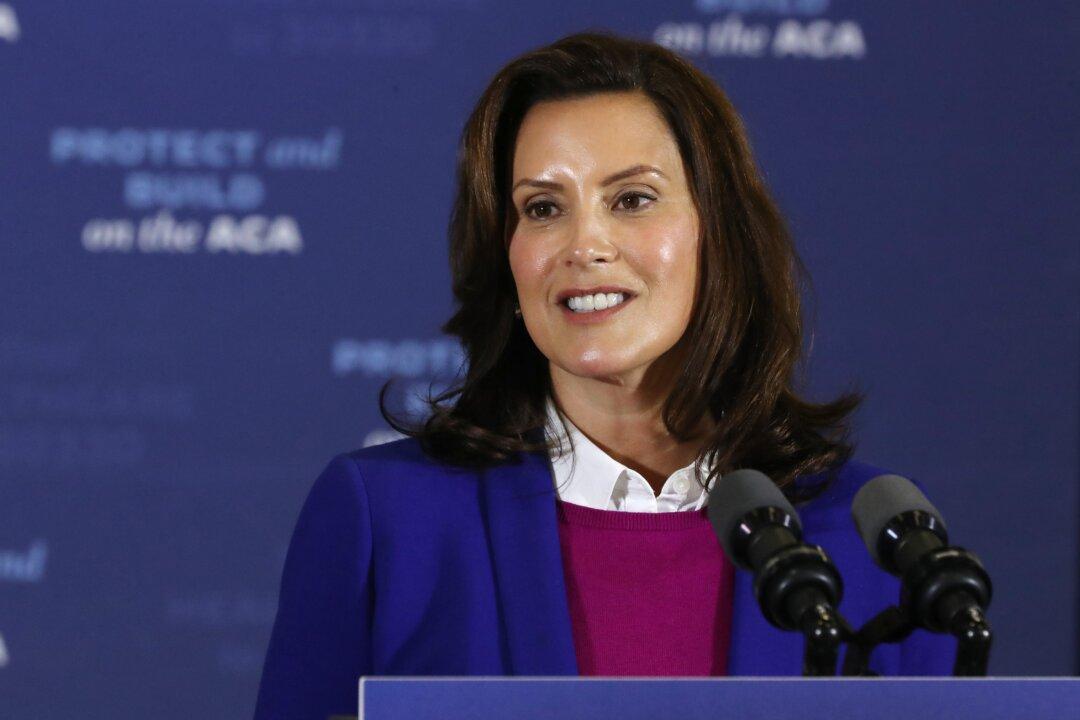Michigan’s high school sports association rejected a call from Gov. Gretchen Whitmer to pause high school sports because of high virus transmission rates.
“We’re going to play two days of basketball and really make no changes for the spring,” Michigan High School Athletic Association executive director Mark Uyl told the Free Press on Friday. “We followed the orders—every order—going back to July. Whenever the orders have allowed us to play, we’ve played. So, obviously, local schools will have decisions to make, it could be on a league-wide basis. But once we get through basketball tomorrow night, everything is outdoors.”




